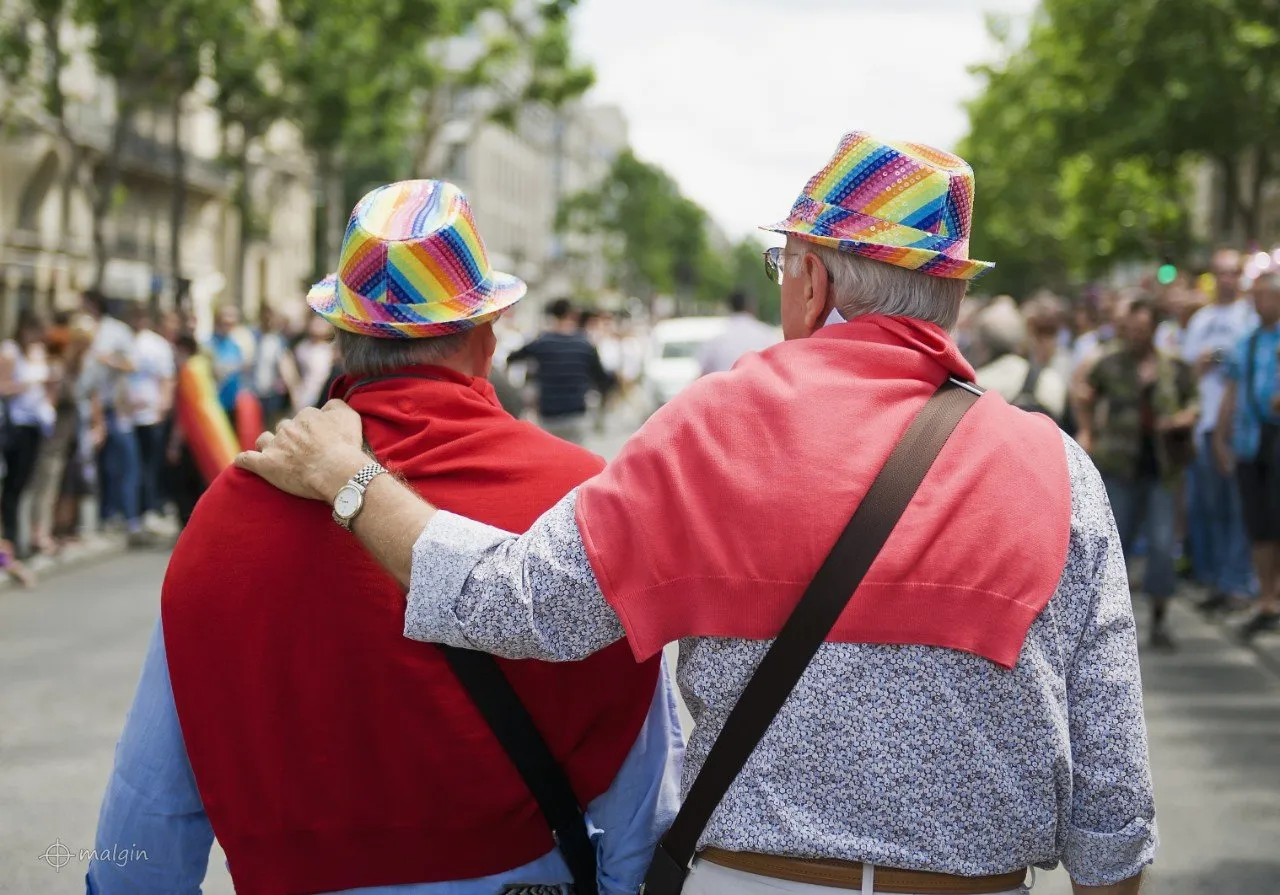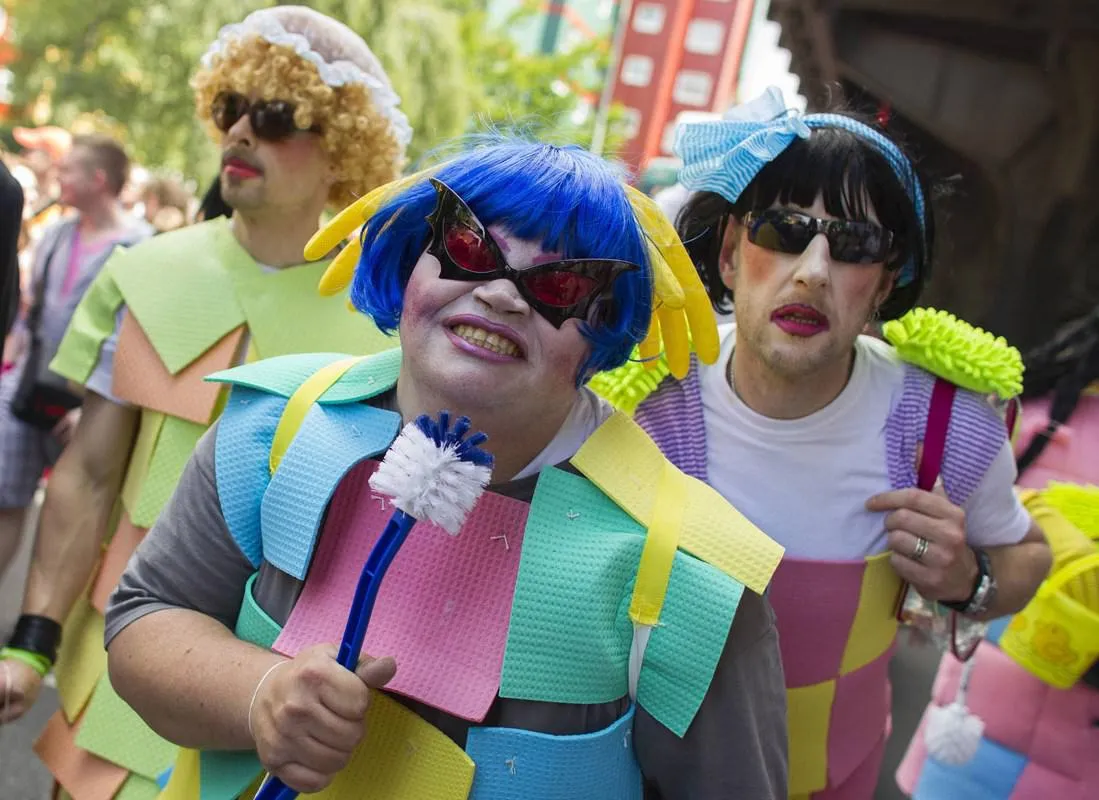
Researchers from the University of Washington found that LGBT people over 50 years old there are more heterosexuals suffer from cardiovascular disease, a weakened immune system and more prone to bad habits.
In the US, about 2.7 million LGBT people older than 50 years. It is believed that by 2060 this figure will rise to five million. In this regard, doctors and scientists are exploring the social conditions and risks faced by this category of the population.
Scientists examined the results of population surveys in 2013-2014 in the framework of the National Health Interview Survey — a large-scale population survey on health status, held since 1957. The researchers compared data 18 669 heterosexual women, 14 141 heterosexual men, lesbians, 197, 229 gay, bisexual 55 women and 55 bisexual men over the age of 50 years.
Researchers were interested in the differences in chronic diseases and their risks from Homo - and heterosexuals, and people's attitudes towards their health, differences in access to health care and prevention.
It turned out that LGBT people in this age have poorer health than heterosexuals. They have an increased risk of cardiovascular disease, they have a weak immune system and pain in the neck and back. They are also more susceptible to harmful habits such as Smoking and alcoholism. At the same time, it is noted that LGBT people often pass the testing in HIV screening blood pressure.

Heart attacks, strokes, asthma, arthritis and pain in the neck and back strike a significantly greater percentage of lesbians and bisexual women than heterosexual. For example, in the first category, 53% of women experienced back pain, the second — less than 40%.
Also, in particular, a weakened immune system reported 17% of women and 15% men, LGBT, compared to 10% of heterosexual women and 5% of heterosexual men. Women LGBT are twice as likely to suffered from alcoholism.
At the same time, more than three quarters of gay men and bisexual men and almost half of lesbian and bisexual women have an HIV test, while among heterosexuals this test were only a quarter of respondents. A little more lesbian women and bisexual compared to heterosexual women, had health insurance.
The study did not ascertain the reasons for this state of Affairs. But, according to a Professor at the University of Washington in social work Karen Fredriksen-Goldstein, one of the main factors in the worst health of LGBT people in older age — discrimination and victimization.
"Lesbians and bisexual women are more "invisible", they rarely take into consideration when it comes to health interventions. This part of the population not paid enough attention [to health]," said Frederick Goldstein, quoted in a press-service of the University.
She also noticed that bisexual men and women may be marginalized not only in the General population, but also in the communities of gays and lesbians. As a result, the bisexuals feel more isolated and experience more stress, which in turn can lead to more adverse health associated with stress and greater commitment to bad habits.